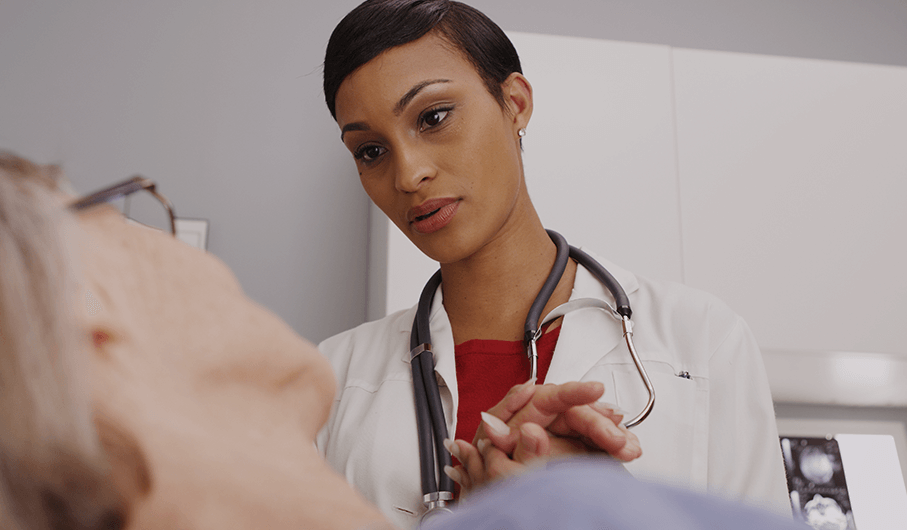When to see a doctor: Recognising cancer’s symptoms
Various physical signs and symptoms might indicate cancer. The list we have included in this article is not all-encompassing, yet includes common symptoms seen in the case of cancer. Generally speaking, if you notice any major changes in the way your body works or the way you feel – especially if the symptoms persist or worsen – let a doctor know. If your symptoms have nothing to do with cancer, the doctor will find out more about what is going on and treat you appropriately. If it is cancer, you may well catch it in its early stages – giving yourself the best chance of remission.

Some of the signs and symptoms that might be linked to cancer
- Skin changes
-
- A new mole or a change in an existing mole
- A sore that does not heal
- Darker looking skin (hyperpigmentation)
- Yellowish skin and eyes (jaundice)
- Reddened skin (erythema)
- Itching (pruritis)
- Breast changes
-
- Change in size or shape of the breast or nipple
- Change in texture of breast skin
- Suspicious lump
- A thickening or lump on or under the skin
- Hoarseness or cough that does not go away
- Changes in bowel habits or bladder function
-
- Blood in stools
- Blood in urine
- Frequent diarrhoea or constipation
- Difficult or painful urination
- Problems with eating
-
- Discomfort after eating
- Difficulty swallowing
- Changes in appetite
- Indigestion
- Weight loss with no known reason
- Abdominal pain
- Unexplained night sweats or a fever
- Unusual bleeding or discharge, like vaginal bleeding
- Feeling weak or very tired
- White patches inside the mouth and white spots on the tongue
- Unexplained pain
References include
